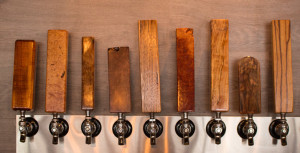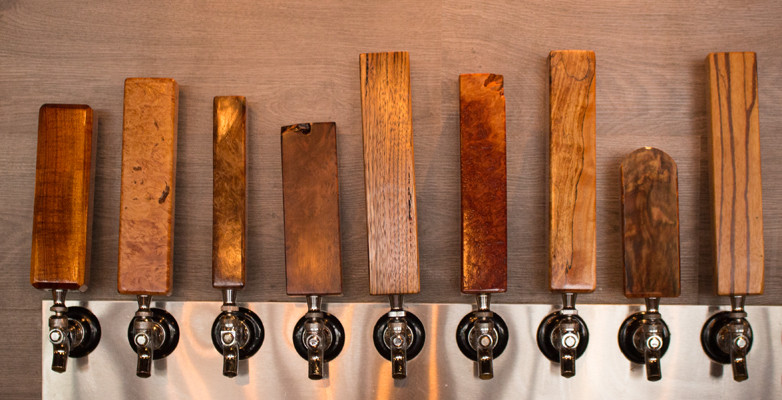
After years of battling for beer space in the US the two parent companies of Anheuser-Busch and Miller Brewing have struck an agreement to merge the two.
How things can change in four weeks or even four days! On September 16, InBev approached the board of SAB Miller with takeover talks. SAB Miller is headquartered in the UK. Under UK law that would give InBev until October 14th to finalize an offer. On September 29 Reuters reported that InBev, the owner of Budweiser Brewing, was lining up $70 billion debt financing for the potential purchase of SAB Miller. Experts speculated that if SAB Miller wanted to go through with it the number would be closer to $110 billion. On October 5, SAB Miller gave initial guidance on third quarter sales that were stronger than expected. When combined with the 28% run up in speculators buying of SAB Miller stock after the September 16th news of a possible merger, some industry analysts were speculating that the final price for SAB was just going to be too rich to make sense for ABI. On October 7, it looked like the deal was in trouble with the second largest shareholder, the Santo Domingo family of Columbia, flatly rejecting an offer that was 10% over the initial offering. On October 10th the single largest SAB investor Altria publicly came out in support of a new InBev offer that kept the amount offered the same but restructured the deal for them and the Santo Domingo family that would have mitigated their tax liabilities in the event of a sale. Reports started swirling of the Santo Domingo family’s success at fending off unwanted mergers in previous financial endeavors and rumors were that they were going to dig their heels in to prevent the SAB Miller sale. Turns out all they were looking for was another 4%. SABMiller announced on October 13, that they had accepted an offer of 68 billion pounds or approximately $104 billion. That is nearly 46% over where SABMiller was trading when news of talks first started surfacing!
What Now? Now the deal needs to first pass regulators in the UK and then here in the States. The merger creates real antitrust issues in several markets. InBev the world’s largest beer producer merging with the world’s second largest beer producer would control 29% of all beer sold in the world and give control to one company of 9 of the top 20 selling beers in the world. After the merger Heineken would become the world’s second largest brewer about 1/3 the size of the new joint company. Certainly in some markets, assets will have to be spun off before moving forward.
